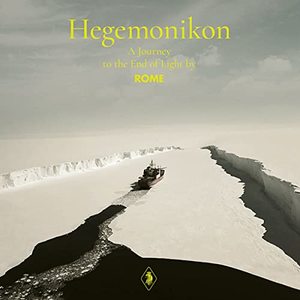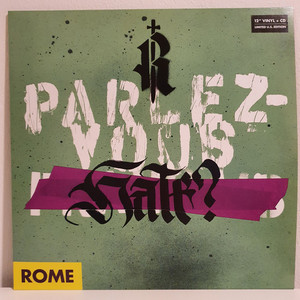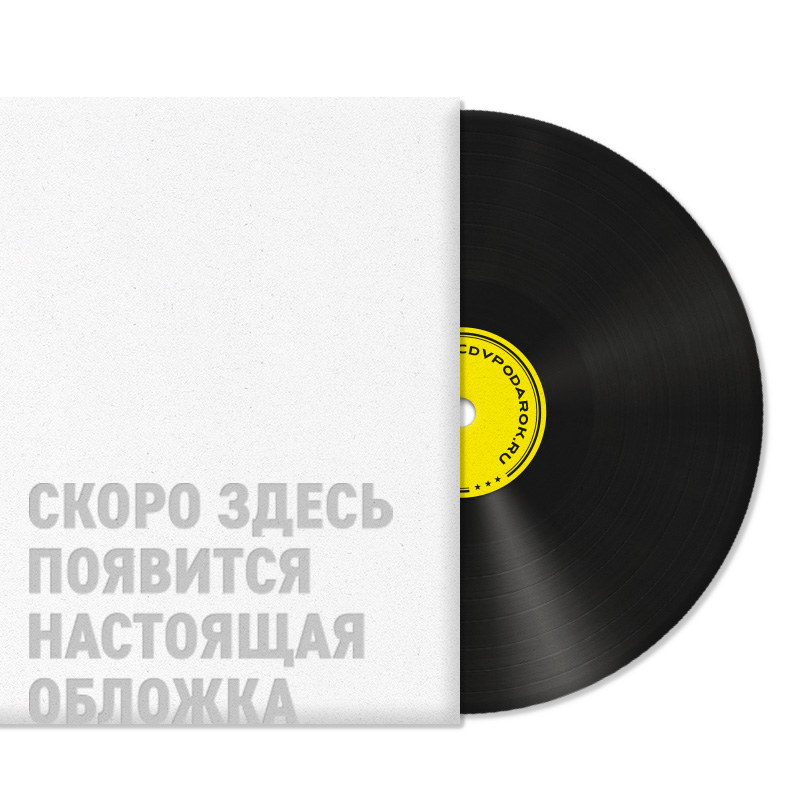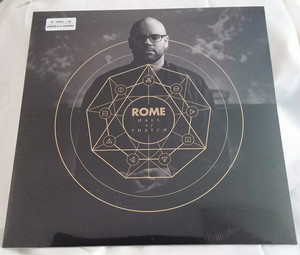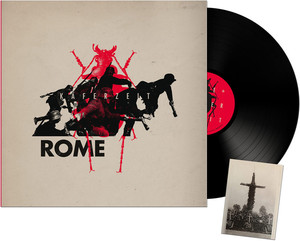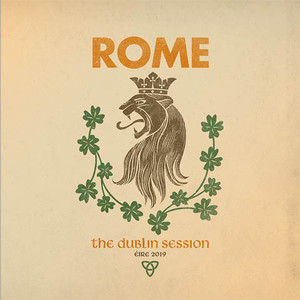- Виниловые Пластинки (LP)
- Поп, Рок, Джаз (CD)
- Классическая музыка (CD)
- Музыка на SACD
- Blu-ray музыка
- DVD музыка
- Кино и мультфильмы
- Аудиокниги
- Детям и родителям
- Аудиокассеты (MC)
- Раритетные пластинки (первопрессы)
- Книги и Журналы
- Главная
- Каталог исполнителей
- Музыка и песни Rome / Rome на LP
Музыка и песни Rome / Rome на LP
Артикул: CDVP 3841602
EAN: 4260063947780
Состав: 1 LP
Состояние: Новое. Заводская упаковка.
Дата релиза: 09-12-2022
Лейбл: Trisol Germany
Исполнители: Rome / Rome
Артикул: CDVP 3758703
EAN: 0703513108620
Состав: 1 CD, 1 LP
Состояние: Новое. Заводская упаковка.
Дата релиза: 29-01-2021
Лейбл: COP International
Исполнители: Rome / Rome
Жанры: Alternative - Independent Folk, World, & Country Neofolk Rock
Артикул: CDVP 3725569
EAN: 0703513108026
Состав: LP/CD
Состояние: Новое. Заводская упаковка.
Дата релиза: 28-08-2020
Лейбл: Trisol Music Group
Исполнители: Rome / Rome
Жанры: Singer/Songwriter
Артикул: CDVP 3392332
EAN: 0703513107029
Состав: 2 (LP + CD)
Состояние: Новое. Заводская упаковка.
Дата релиза: 01-01-2018
Исполнители: Rome / Rome
Жанры: Goth Rock
Артикул: CDVP 3693923
EAN: 4260063946752
Состав: 1 LP
Состояние: Новое. Заводская упаковка.
Дата релиза: 30-08-2019
Лейбл: Trisol
Исполнители: Rome / Rome
Жанры: Abstract Electronic Experimental
Артикул: CDVP 3694070
EAN: 8016670137719
Состав: 2 LP
Состояние: Новое. Заводская упаковка.
Дата релиза: 30-08-2019
Исполнители: Rome / Rome
Артикул: CDVP 3705457
EAN: 4260063946790
Состав: 1 LP
Состояние: Новое. Заводская упаковка.
Дата релиза: 06-12-2019
Лейбл: Trisol
Исполнители: Rome / Rome
Жанры: Folk, World, & Country Neofolk Rock
Обращаем ваше внимание на то, что цены и изображения носят исключительно информационный характер и не являются публичной офертой, определяемой положениями Статьи 437 (2) Гражданского кодекса Российской Федерации. Для получения подробной информации о наличии и стоимости указанных товаров и услуг, пожалуйста, обращайтесь к менеджерам отдела клиентского обслуживания по телефону: 8 (499) 940-89-89
Заказ CD-дисков, Пластинок и DVD по телефону в Москве и России: 8 (499) 940-89-89
© 2008-2026, «CD В ПОДАРОК»

